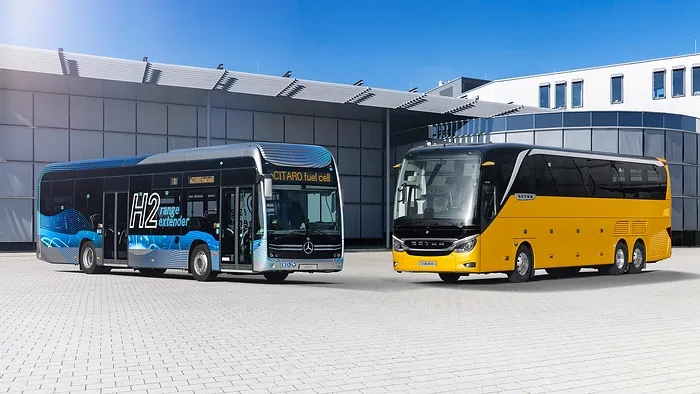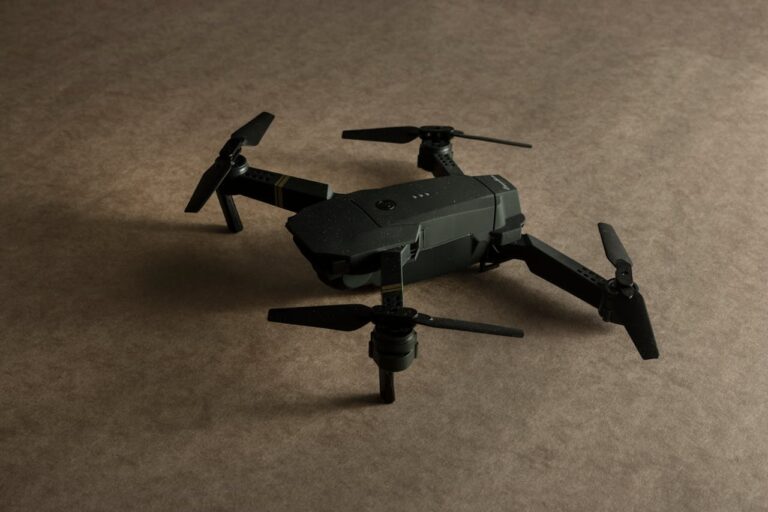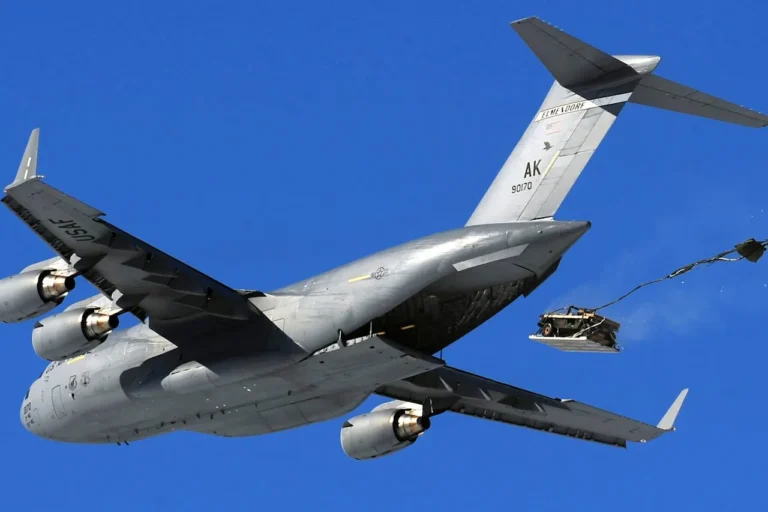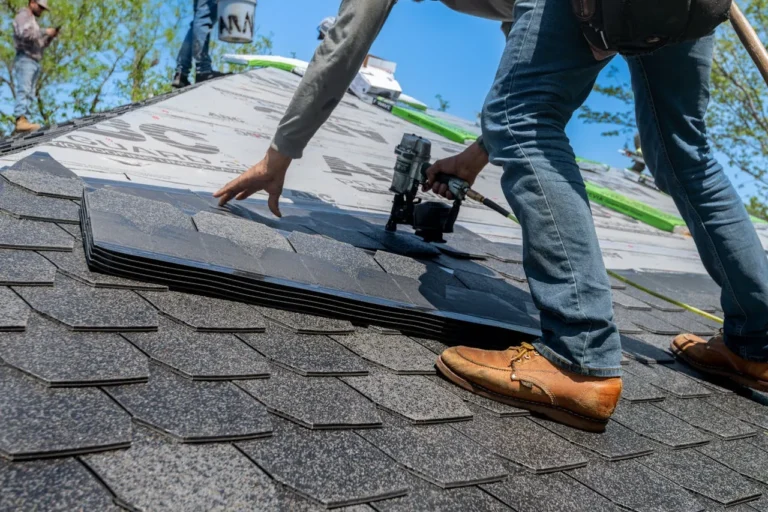
Daimler Buses: 30 Years of Excellence and Innovation
Daimler Buses GmbH proudly celebrates its 30th anniversary, marking three decades of innovation, resilience, and commitment to excellence. The company’s journey began on February 23, 1995, when EvoBus GmbH was established following the merger of the bus divisions of the former Daimler-Benz AG and Karl Kässbohrer Fahrzeugwerke GmbH. Since then, the Mercedes-Benz and Setra brands have operated under one roof, shaping the future of the global bus industry. In 2023, EvoBus GmbH was renamed Daimler Buses GmbH, reaffirming its dedication to pioneering sustainable and advanced transportation solutions. As a wholly owned subsidiary of Daimler Truck, Daimler Buses is responsible for European bus activities and plays a vital role in the global Daimler Buses segment.
A Legacy of Leadership and Market Dominance
Reflecting on the company’s journey, Till Oberwörder, CEO of Daimler Buses, stated, “In 1995, we laid the foundation for a true success story by merging the best of both worlds. Today, we are the market leader in key regions and continue to be the only manufacturer of buses over 8 tons in Germany, with production facilities in Mannheim and Neu-Ulm. We take great pride in this achievement and remain committed to shaping the future of sustainable transportation.”
Bruno Buschbacher, Chairman of the General Works Council of Daimler Buses GmbH, highlighted the significant contributions of employees in ensuring the company’s competitiveness. He remarked, “Since the merger, our employees have demonstrated remarkable resilience in overcoming industry challenges. Our long-term strategy for 2033, developed two years ago, secures the competitiveness of German bus production and guarantees stable and attractive job opportunities in our Mannheim and Neu-Ulm plants.”
The company’s success is reflected in its impressive sales figures. In 2023, Daimler Buses sold approximately 26,600 units worldwide, supported by a strong workforce of over 15,000 employees, marking another milestone year for the organization.

Overcoming Challenges: The Path to EvoBus GmbH
The creation of EvoBus GmbH was not without its challenges. The merger of two industry giants—Mercedes-Benz Buses and Setra—posed significant political and antitrust hurdles. However, the strong support from the communities of Ulm and Neu-Ulm played a crucial role in facilitating the merger. On February 1, 1995, residents took to the streets to express their approval, advocating for a unified future. Following a successful antitrust review by the German Federal Government, EvoBus GmbH was officially established on February 23, 1995.
Strengthening Production in Germany and Beyond
From its inception, Daimler Buses has emphasized the importance of an efficient and strategically positioned production network. The integration of traditional Daimler-Benz manufacturing in Mannheim with the Kässbohrer plants in Neu-Ulm, Holýšov (Czech Republic), and Ligny-en-Barrois (France) set the foundation for sustainable growth. Over the years, the company expanded its footprint, adding production sites in Samano (Spain) and Hoşdere (Turkey). Today, this production network continues to play a critical role in the company’s operations.
The Mannheim and Neu-Ulm plants remain central to Daimler Buses’ long-term production strategy. Mannheim serves as the competence center for electrically powered city buses, while Neu-Ulm specializes in coach production across all drive types. It also remains the exclusive manufacturing site for Setra coaches. Daimler Buses has committed to investing approximately 150 million euros into these German plants by the end of the decade to further strengthen production capabilities and maintain a competitive edge.
A Future Powered by Electrification and Sustainability
As the transportation industry transitions toward sustainable mobility, Daimler Buses is leading the way with an ambitious electrification roadmap. Aligning with the dual strategy of parent company Daimler Truck, the company is investing in both battery-electric and hydrogen-based technologies.
The fully battery-electric Mercedes-Benz eCitaro city bus has been in production since 2018, setting new standards for urban transportation. In 2023, the company introduced a hydrogen-based fuel cell variant, extending its range and flexibility. Looking ahead, the battery-electric Mercedes-Benz eIntouro is set to enter the market in 2026, further expanding Daimler Buses’ zero-emission portfolio. Additionally, the company aims to introduce electric coaches before the end of the decade, a significant step toward sustainable intercity travel.
By 2030, Daimler Buses plans to offer CO2-neutral models for local applications in each segment, prioritizing core markets in Europe and Latin America. In the city bus segment, the company aims to transition to fully CO2-neutral models in Europe by 2030, with the broader goal of selling only CO2-neutral new vehicles across its European markets by 2039.
Supporting the Industry’s Shift to Electrification
Recognizing the challenges that come with transitioning to electric mobility, Daimler Buses is committed to supporting customers through this transformation. In June 2023, the company launched Daimler Buses Solutions GmbH, a subsidiary dedicated to designing and developing electric and hydrogen-based infrastructure solutions. This initiative ensures that clients receive end-to-end support, from vehicle acquisition to charging infrastructure and energy management.
A Future-Ready Vision
As Daimler Buses celebrates 30 years of excellence, the company remains steadfast in its commitment to innovation, sustainability, and superior quality. By continuously investing in technology, expanding its production capabilities, and embracing the transition to CO2-neutral transportation, Daimler Buses is poised to shape the future of the global bus industry for decades to come.
Through the collective efforts of its employees, partners, and stakeholders, Daimler Buses continues to drive progress, delivering cutting-edge mobility solutions that redefine public and intercity transportation. The company’s legacy is not just one of success but of a vision for a cleaner, more efficient, and sustainable future in passenger transport.




